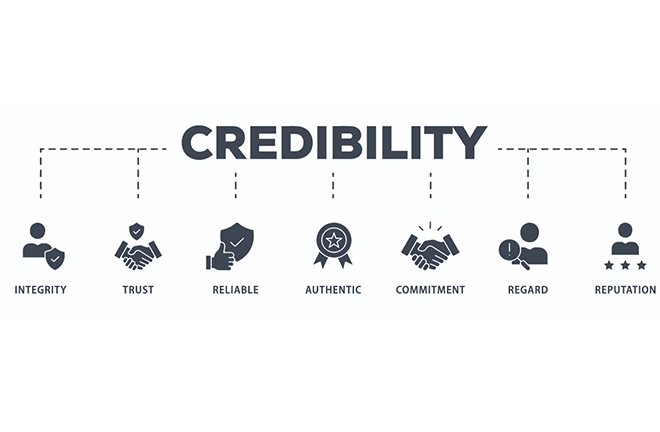Maximizing the strategic value of international credibility

The importance of international credibility as a national strategic asset should be emphasized. Photo: TUCHONG
International credibility refers to a trust granting country’s assessment of a trusted country’s ability to fulfill its commitments. This assessment is based on the signals sent by the trusted country and the actions it takes. The greater the alignment between signals and actions, the higher the international credibility of the trusted country.
Characteristics of strategic assets
Strategic assets refer to tangible or intangible resources that hold significant value to a country or a particular industry. National strategic assets typically fall into two categories: The first category includes military assets that provide sufficient deterrence or play a decisive role in safeguarding national security. The second category includes economic resources that establish power relations between countries or have a far-reaching impact on industries.
An asset must meet three conditions to qualify as a strategic asset: First, the asset must be “cumulative”—its formation requires long-term accumulation, during which the owner incurs significant costs without immediate returns. Such assets generally require a prolonged period of investment to break even, necessitating state support due to underinvestment from the market. Second, the impact of the asset is fundamental. It should generate positive spillover effects throughout the national economy or military system, becoming a fundamental resource. Sub-national actors often underinvest in such assets because they are unable to capture all the benefits generated by such assets. Third, the provision of this asset reflects dependency. The asset is indispensable and highly concentrated in the hands of a particular organization or country, with few substitutes. If the supply chain is disrupted, the vulnerability of those dependent on it quickly becomes apparent.
International credibility exhibits the characteristics of a strategic asset. Firstly, a country’s consistent assessment and positive expectations of another country are based on long-term, ongoing interactions, necessitating a massive input of time and effort. It is difficult for any country to build strong international credibility in the short term. Given such high costs in terms of time and effort, sub-national actors lack the incentive to invest in their home country’s international credibility in international activities. Multinational corporations’ business activities in host countries are centered on generating profits, and some of these activities even run counter to the goal of building their home country’s international credibility. Secondly, a country’s international credibility extensively impacts multiple domains, including economic, security, and cultural spheres. Thirdly, international credibility is both vulnerable and competitive, and the contest for it has become a defining feature of competition among nations.
Strategic value
The characteristics of international reputation as a strategic asset endow it with significant strategic value by several mechanisms:
Leverage effect: Countries with a high level of international credibility gain more power in its international interactions. On the basis of material strength, strong international credibility can enhance the effectiveness of a country’s deterrence or counter-threat efforts. Moreover, such countries can more easily leverage their credibility to initiate and lead international cooperation, creating synergistic forces that exceed the simple sum of all partner countries’ capabilities.
Flow effect: A country’s credibility, as perceived by one country, influences other countries’ assessment of its international credibility. Countries with strong international credibility are more likely to be supported and followed by other countries.
Spillover effect: A country’s international credibility in one area affects its international credibility in other areas, which is particularly evident in the mutual influence between security and economic domains.
Hedging effect: Amid an international crisis, a country can utilize its international credibility to ease tensions. When directly involved in a crisis, a country’s international credibility affects the adversary’s expectations of situational dynamics and strategic choices, serving as a key bargaining chip. When mediating in a crisis, a high level of international credibility is essential for effectively playing the role of mediator.
The above analysis offers several insights. First, the importance of international credibility as a national strategic asset should be emphasized. Second, to fully realize the benefits of “international credibility plus,” it is crucial to amplify power based on material strength. Third, international credibility should not be taken for granted as a natural product of international interactions. Instead, it should be consciously constructed, carefully protected, and steadily accumulated.
Zhang Xiaoxu and Zhao Lei (professor) are from the Party School of the Central Committee of CPC (National Academy of Governance).
Edited by WANG YOURAN

 PRINT
PRINT CLOSE
CLOSE